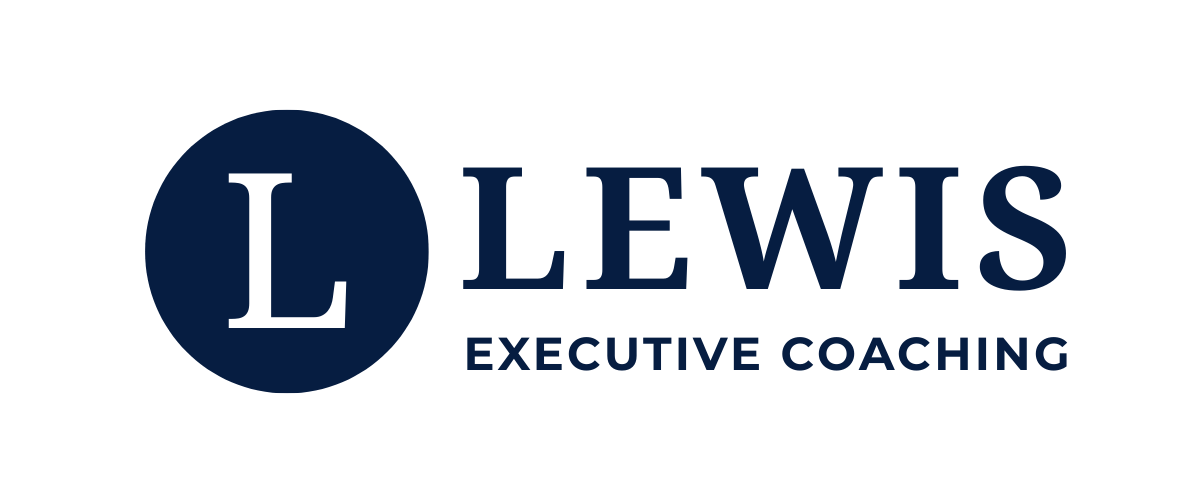The Culture Code: What Great Teams Know About Trust, Connection and Purpose
When I first read The Culture Code by Daniel Coyle, it resonated deeply with me — both as a coach and as a leader. Much of what Coyle describes mirrors the work I do with senior leaders and teams every day: the ongoing challenge of building trust, maintaining connection, and finding shared purpose while navigating pressure and change.
Coyle’s message is clear: culture is not an accident. It is built consciously and consistently through everyday behaviour, language, and the way we make people feel. The best teams — from the Navy SEALs to Pixar and the San Antonio Spurs — don’t rely on talent alone. They succeed because they create environments where people feel safe, connected, and driven by shared purpose.
Building Safety: The Foundation of Trust
The first principle Coyle explores is safety — the sense of belonging and respect that allows people to perform at their best.
He illustrates this through the Navy SEALs, who invest heavily in small, consistent behaviours such as eye contact, shared meals, and open feedback to reinforce reliability and inclusion.
In coaching, I see the same truth in corporate teams. Psychological safety is not about comfort — it’s about courage. Leaders who listen first, acknowledge effort, and act with consistency build trust that endures.
Safety grows in small moments that quietly communicate: you are valued here.
Sharing Vulnerability: The Power of Openness
Coyle’s second principle is vulnerability — the willingness to be open, to admit mistakes, and to ask for help.
He shares an example from aviation, where a captain’s honesty after an error sparked a culture of transparency that improved safety across an airline.
At Pixar, Braintrust meetings invite open feedback regardless of hierarchy. The goal isn’t to protect egos, but to improve the work. In coaching, I encourage the same mindset: shifting from “Who’s to blame?” to “What can we learn?”
Vulnerability isn’t weakness — it’s the foundation of courage and growth.
Establishing Purpose: Aligning Energy with Meaning
Purpose gives culture direction. It connects everyday actions to a deeper sense of meaning.
Coyle uses the San Antonio Spurs as an example: their mantra, Pounding the Rock, symbolises persistence and discipline. Progress comes from consistent effort, not sudden breakthroughs.
In my coaching work, I often begin with three questions:
What are you trying to achieve?
Why does it matter?
How will you know when you’re living it?
Purpose acts as a compass — guiding decisions, maintaining focus, and inspiring sustained performance.
Coyle also references Google’s Project Aristotle, which found that the most effective teams aren’t defined by intelligence, but by clarity of purpose and psychological safety.
How the Three Principles Work Together
Safety allows vulnerability to flourish. Vulnerability deepens trust. Trust enables purpose to thrive.
Culture isn’t fixed; it evolves through constant attention. One leadership team I worked with introduced a simple ritual at the end of every meeting: each person shared one appreciation and one insight they’d carry forward. It took minutes, yet consistently reinforced belonging and learning — exactly as Coyle describes.
The Coach’s Perspective
For me, The Culture Code is more than a book about teamwork; it’s a guide to leadership maturity. It reminds us that culture is shaped through tone, attention, and empathy.
As Coyle writes:
“Belonging cues are the invisible threads that hold a team together.”
As a coach, my role is to help leaders notice those invisible threads — trust, belonging, and purpose — and weave them deliberately into how they lead.
Why It Matters Today
In a world of hybrid work, rapid change, and constant pressure, culture has become both vital and fragile.
The lessons from The Culture Code remind us that trust and connection can’t be outsourced; they must be lived every day.
Modern leadership is less about control and more about creating the right conditions for others to excel. That’s the essence of effective coaching — and the essence of Coyle’s work.
Key Takeaways for Leaders
Lead with empathy and listen before you instruct.
Create safety every day through small, consistent actions.
Model vulnerability to encourage openness and trust.
Clarify purpose so everyone knows why their work matters.
Celebrate learning more than perfection — culture grows through reflection.
Final Reflection
The Culture Code by Daniel Coyle is essential reading for any leader committed to building a strong, human-centred team. It reinforces what I see every day in coaching: that trust, openness, and shared purpose form the heart of lasting performance.
Culture isn’t something we have — it’s something we build, one moment at a time.
The question for every leader is simple:
What kind of culture are you creating today?
